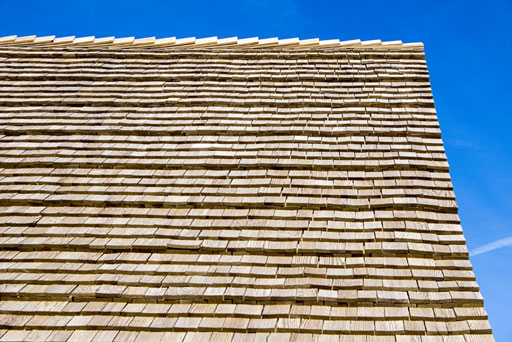When it comes to roofing in Sunnyvale, CA, many homeowners choose to remove the old shingles and go for a completely new roof. Others decide on a different approach and use the same shingles and perform the roofing over them. While the old shingles may seem like an investment that you might want to hold onto, here are a few basic things you should keep in mind before opting to keep the same shingles:

Problems with the Shingles
One of the major problems with shingles is that as they age, they are prone to get multiple irregularities such as bubbles, waves, and bumps. When you decide on keeping the old shingles, you are actually making your new roof weaker if your shingles already have these issues. While you can cover the aesthetic aspect of your roof by putting new shingles over the old ones, you will be ignoring the issues with your current shingles. Once the new shingles are in place, it would be harder and costlier to get the issues fixed later on. The trick is to first fix the issues with your current shingles and then move onto the new ones.
A Heavier Roof
Another major problem with roofing over the current shingles is weight. Since there will be another layer of shingles, it will be a lot heavier for the roof framing or wood decking to support it. This can cause a lot of structural problems especially if your house is old. While asphalt shingles are lighter compared to slate shingles, double or triple layers may become equally heavier.
Difficulty Increases
While you might think that installing a new roof over the same shingles is easier, it actually is not. The easier way out is to strip off the shingles and install new ones. If you are working on the old shingles, you will have to manually check for the wear the tear, fix them, and then install new shingles over the current roof. This is time consuming and more costly than it may initially seem. Consult with a reliable roofing professional in Menlo Park, CA today so you can get started on your much-needed roof repairs.
Sources:
5 Roof Replacement Basics You MUST Know Before Starting, homerenovations.about.com
